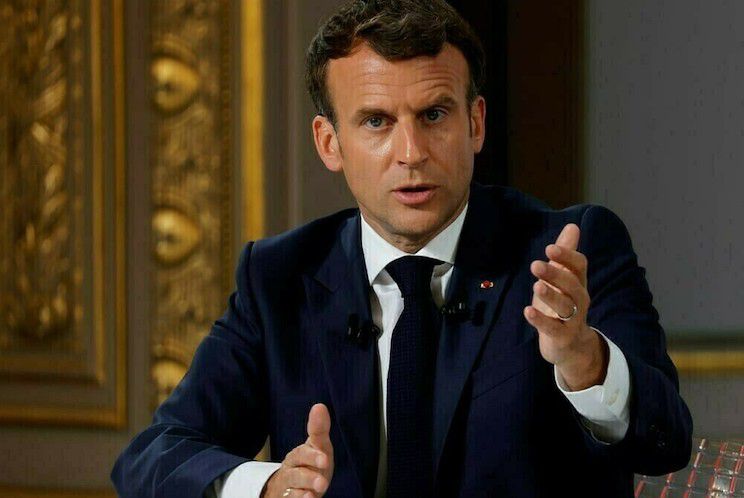In the fiery heart of France’s sprawling social unrest, French President Emmanuel Macron laments the consequences of “misinformation” and “hate speech,” calling it kindling for the unruly protests that have swept the nation. He firmly postulates that online censorship laws are a necessity, a bulwark against the insidious flow of “fake news” riling up the masses, especially the young, driving them towards violence and chaos.
After convening an emergency security meeting to address France’s current state of civic unrest, Macron observed that the majority of rioters apprehended were on the younger side of the demographic spectrum, a firm indicator that the internet’s incendiary falsehoods were galvanizing them towards aggression. Internet behemoths – “Snapchat, TikTok, and several others” – according to Macron, are stoking the fires of conflict further, fostering an environment where violence could easily be organized and even, worryingly, emulated by youths losing their grip on reality. He went as far as accusing these platforms of prodding young citizens into street violence, an enactment of all the violent video games that have bewildered them.
Adding to Macron’s warnings, Interior Minister Gerald Darmanin pointed towards the looming danger of social media platforms hosting and promoting violence. A rigorous stand against law-violating networks was promised, preempting the usage of them for the propagation of the riot’s anarchic content. To shield public transit – a frequent target of the rabble-rousers – from further harm, Darmanin also pushed for its temporary suspension.
At the eye of this rambunctious storm lies the Paris suburb of Nanterre, where the spark for these heated riots was first ignited. A traffic stop escalated to fatal proportions when a police officer shot down 17-year-old pizza delivery driver, Nahel M. A homicide accusation rapidly landed the officer in prison, fulfilling the grieving mother’s cries for justice. This event proved to be a catalyst, leading to a wave of intensified looting and violent discord in other key French cities, such as the maritime hub of Marseille. The striking details of a gun store robbery in the riot-engulfed city, alongside assaults on various police stations, have shaken the nation.
A staggering 917 individuals have been detained so far, according to Darmanin, their average age hitting alarmingly low at 17. As 45,000 men and women of the police force combat the protesters, their unions pacesetters call for a firm crackdown on the “wild horde.” These leaders also sternly cautioned that officers are preparing to become the last bastion of order – “the resistance” – should government officials prove ineffectual in regaining a hold on the situation.
These riots, in their destructive wake, have wrought immense damage. An estimated 4,000 fires have been lit, over 2,000 cars have faced ruin, and around 500 buildings have been visibly marred. Macron, forced to cut short his participation in an EU summit in Brussels to manage the escalating internal turmoil, has issued his final tally.
France is shaken, yet its leadership urges a call to arms against misinformation and hate speech. The sudden emergence and violent swells of its younger citizens’ dissatisfaction have spurred France’s administration into consideration of stringent censorship laws. For President Macron, this became more than a desperate plea for law and order – it is a battle for France’s very identity and its commitment to freedom of speech in an age where that freedom can ignite turmoil. In this battle, the comprehensive enforcement of laws becomes a beacon, underscoring the need to responsibly navigate the virtual highways and byways of social media platforms to maintain peace on the real streets.



